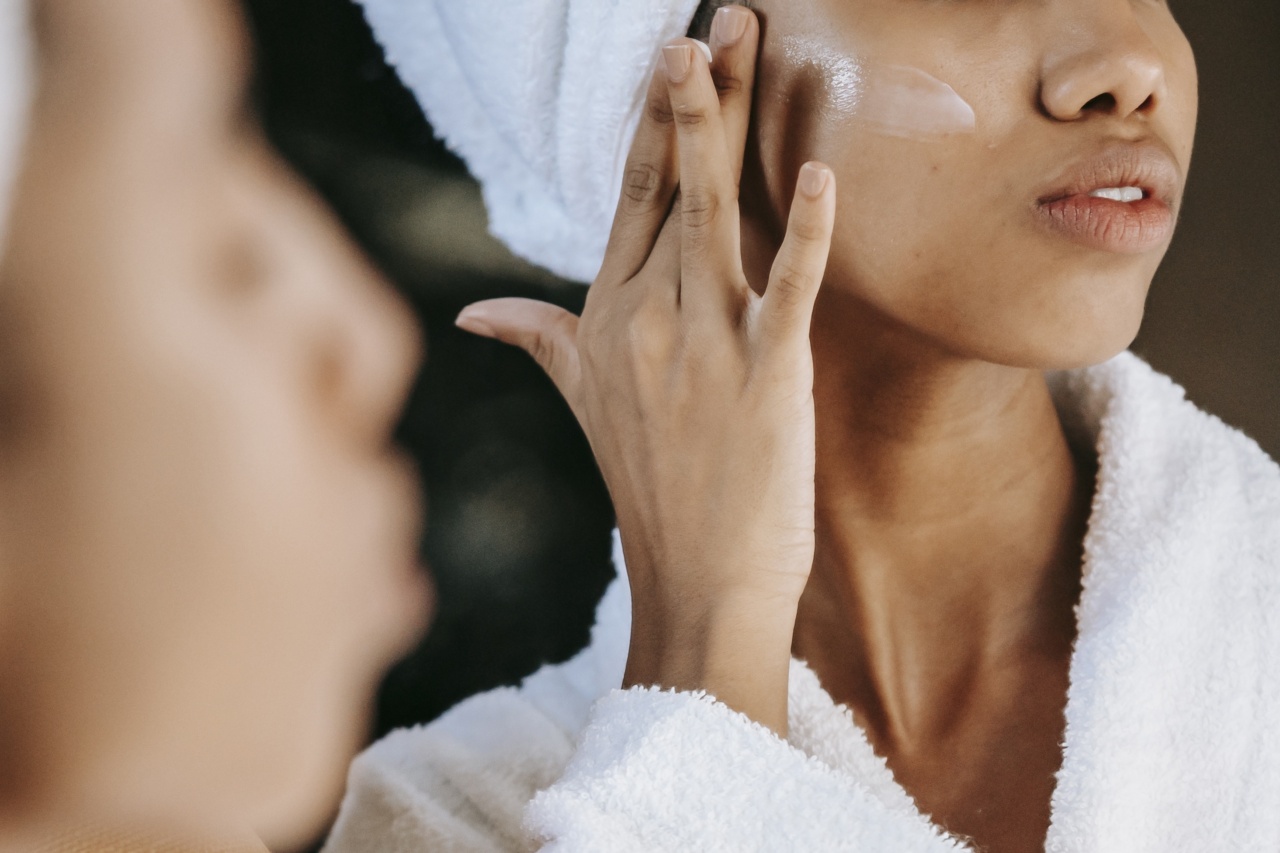If you have sensitive skin, you know how frustrating it can be to constantly deal with redness, inflammation, itchiness, and other uncomfortable symptoms.
However, there are steps you can take to improve your skin’s health and reduce your sensitivity. Here are some simple solutions to consider:.
1. Use Gentle Cleansers
Harsh cleansers can strip your skin of its natural oils and exacerbate sensitivity. Look for gentle, fragrance-free cleansers that are specifically formulated for sensitive skin. Avoid using hot water, which can further irritate your skin.
Instead, wash your face with lukewarm water and pat it dry gently with a soft towel.
2. Moisturize Regularly
Dry skin can also amplify sensitivity, so make sure to moisturize your skin every day to keep it hydrated. Choose a moisturizer that is free of fragrances and other potential allergens.
Look for products that contain soothing ingredients such as aloe vera, chamomile, or oatmeal.
3. Avoid Harsh Ingredients
Many skincare products contain ingredients that can irritate sensitive skin, such as alcohol, fragrance, and certain preservatives. Read labels carefully and avoid products that contain these ingredients.
Stick to products that are specifically formulated for sensitive skin and are labeled as hypoallergenic or non-comedogenic.
4. Protect Your Skin from the Sun
UV rays from the sun can cause damage to your skin and exacerbate sensitivity. Make sure to wear a broad-spectrum sunscreen with an SPF of 30 or higher every day, regardless of the weather.
Wear protective clothing, such as long-sleeved shirts and wide-brimmed hats, when you are outside for prolonged periods of time.
5. Reduce Stress
Stress can trigger skin reactions, so finding ways to manage stress can help reduce sensitivity. Exercise, meditation, and deep breathing can all be effective stress-reducing techniques.
Make sure to get plenty of sleep and practice good sleep hygiene to keep your stress levels in check.
6. Avoid Hot Showers and Baths
Hot water can further irritate sensitive skin, so try to avoid hot showers or baths. Instead, use lukewarm water and limit your bathing time to 10-15 minutes.
After bathing, pat your skin dry gently with a soft towel and apply a moisturizer to lock in moisture.
7. Be Careful When Shaving
Shaving can cause irritation and inflammation in sensitive skin. Make sure to use a sharp razor and shaving cream or gel to minimize friction. Shave in the direction of hair growth and avoid going over the same area multiple times.
Rinse your skin with cool water after shaving and apply a soothing moisturizer.
8. Be Wary of Fragrances
Fragrances can be a common trigger for skin sensitivity. Be wary of products that contain fragrances, including perfumes, colognes, and scented lotions. Avoid using scented laundry detergents and fabric softeners, as these can also cause skin irritation.
9. Stay Hydrated
Drinking plenty of water can help keep your skin hydrated and reduce sensitivity. Aim to drink at least 8 glasses of water a day, and avoid caffeinated and alcoholic beverages, which can be dehydrating.
10. Keep a Skin Diary
Try keeping a diary of your skin reactions to identify potential triggers. Make note of any products or activities that cause a reaction, as well as any improvements you experience.
This can help you identify patterns and make changes to your skincare routine accordingly.































